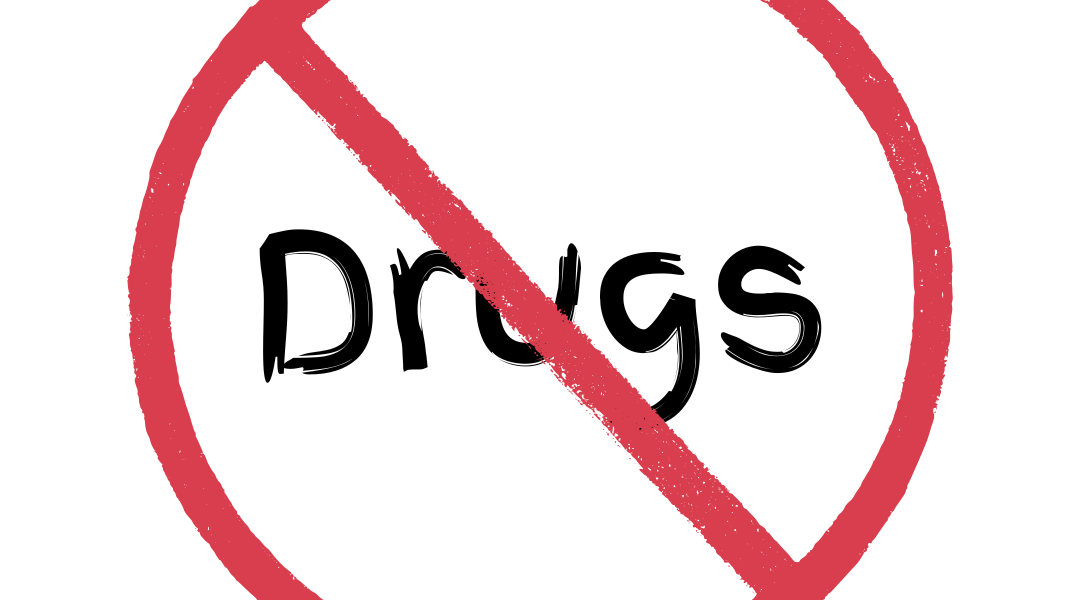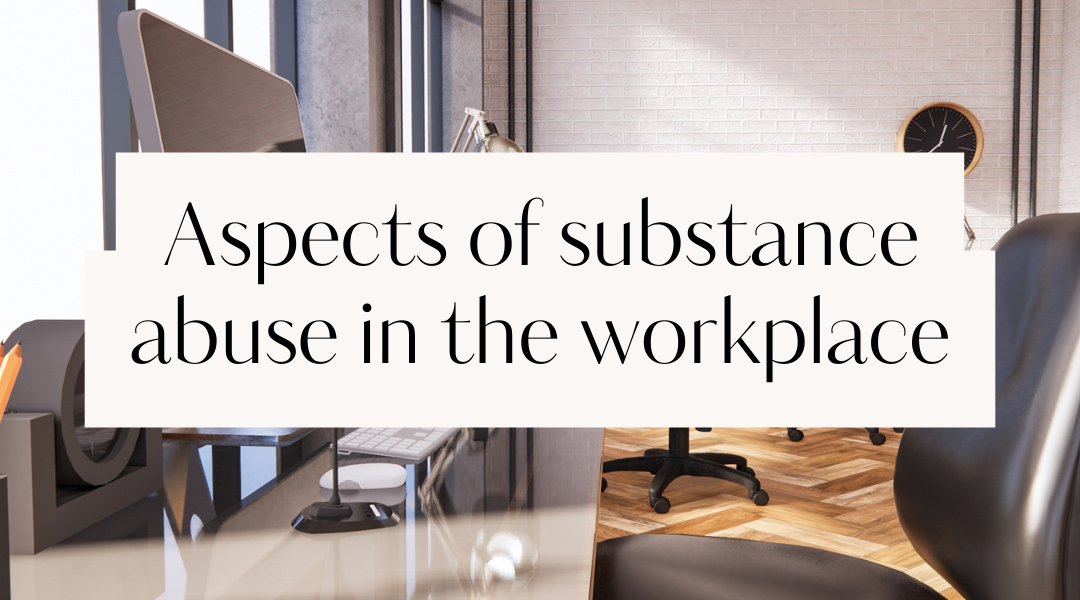Substance Abuse Awareness Day 2025: Taking Action Against Substance Addiction in South Africa “Addiction is not a choice, but recovery is.” On 26 June 2025, the world recognizes Substance Abuse Awareness Day. At Clearview Clinic, we do more than acknowledge it. We act on it. Because behind every substance use disorder is a life that deserves healing. And behind every recovery, there’s a support system that made it possible. Understanding Substance Use Disorders: Why Addiction Awareness Matters Substance abuse is not a moral weakness, it is a public health crisis. In South Africa, nearly 1 in 7 people will experience a substance use disorder (South African Medical Research Council, 2019). The consequences are widespread, affecting mental health, families, workplaces, and community wellbeing. Addiction awareness is not just a campaign theme. It’s a life-saving tool. When people understand addiction, they’re more likely to recognize it, respond to it, and recover from it. Recognizing the Signs of Substance Abuse in Adults The first step in drug abuse prevention is early detection. Spotting the signs of alcohol addiction or drug dependency can prevent escalation. Some of the red flags include: Mood swings, irritability, or emotional withdrawal Declining performance at work or school Isolation from family or friends Changes in appearance, eating, or sleep patterns Being aware of these signs can lead to timely intervention and, ultimately, access to a rehabilitation center that offers real support. Corporate Wellness and Substance Abuse Education: What Employers Can Do To assist with Substance Addiction Substance abuse doesn’t stop at the workplace gate (World Health Organization, 2021). On Substance Abuse Awareness Day 2025, companies have a unique opportunity to: Host drug awareness day activities and events Educate staff on relapse prevention and mental health Partner with local experts like Clearview Clinic for workshops These steps don’t just help employees. They build healthier, more productive work environments and reduce long-term risks. How to Support Someone with an Addiction You don’t need to be a therapist to offer support, but you do need to be informed. Supporting someone with a substance use disorder means: Listening without judgment Providing information on addiction treatment and recovery Encouraging professional help from a trusted rehabilitation center Clearview Clinic can guide you through this process, step by step. Rehabilitation Centres and Their Role in Addiction Recovery A good drug rehabilitation program doesn’t just treat the addiction. It addresses the person as a whole. At Clearview Clinic, our approach combines: Detox support and medical supervision Individual and group behavioural therapy Family counselling and community reintegration Post-treatment relapse prevention strategies Recovery is a journey. Our role is to walk it with you. Substance Abuse Recovery Programs in South Africa There are many substance abuse recovery programs in South Africa, but not all are created equal. Clearview Clinic offers: Inpatient and outpatient programs Tailored treatment plans Evidence-based therapeutic approaches Ongoing community support If you are exploring your options, reach out. We’re happy to help you find the right path. Join the Movement This Substance Abuse Awareness Day 2025 on the 26th of June Substance Abuse Awareness Day is not about one moment. It’s about momentum. Your voice matters whether you are a business owner, educator, parent, or professional. Start a conversation. Host an event. Share resources. Reach out for help. Contact Clearview Clinic 📍 Based in Pretoria, serving all of South Africa 📞012 819 1422 📧 info@clearviewclinicsa.co.za 🌐 clearviewclinicsa.co.za Clearview Clinic: Dedicated to healing lives, restoring hope, and building stronger communities. References South African Medical Research Council. (2019). Alcohol, tobacco and other drug use trends. Retrieved from https://www.samrc.ac.za World Health Organization. (2021). Global status report on alcohol and health. Retrieved from https://www.who.int/publications National Institute on Drug Abuse. (2020). Principles of drug addiction treatment: A research-based guide. Retrieved from https://nida.nih.gov/publications Harvard Health Publishing. (2021). Why addiction is considered a disease. Retrieved from https://www.health.harvard.edu
Read MoreSubstance abuse affects the daily life in all aspects of a person suffering from addiction and addictive behaviours. This doesn’t stop even when a person is at work/working. The use of substances by employees in corporate and other work environments during working hours has become something that happens more often than you would think. Regardless of drug policy’s at work, drug tests that might be done or even possible risks of being caught. According to drugabuse.com “22.5% of people admit to using drugs or alcohol during work hours. 1 in 4 men admit to using drugs or alcohol in their place of work, while 1 in 5 women say that they have used drugs or alcohol in a professional setting.” Substance abuse and addiction are a huge global concern and very costly to all societies where they occur (Hitzeroth & Kramer, 2010:13; Miller & Weisner, 2002:3). Ignoring or sweeping the matter under the carpet in the workplace can become an occupational hazard. According to the Occupational Health and Safety Act (85 of 1993) Companies including any employer are responsible for managing the negative aspects of substance abuse in the workplace. Addressing the abuse of substances and helping employees or colleagues with substance abuse may benefit the work environment in the following ways: Saving on recruitment costs, as these employees or colleagues remain in the business following treatment. Reducing losses of absenteeism or impaired productivity of employees or colleagues; Creating a more productive environment for all employees. Creating and sustaining a positive moral culture in the office; Reducing the risk of possible injury or harm due to impairments; and Enhancing the public view or reputation of the business as informed and supportive. The International Labour Organisation(ILO)” code suggests that “employees with alcohol or drug related problems should be treated in the same manner as workers with other health problems.” So should an employee be identified or need help with their addiction problem, the employee shouldn’t be discriminated. They should get the benefits offered by their employer. Most organisations have wellness programs but in those that do not, assistance should be provided to the employee to get access to counselling, treatment, and rehabilitation. References drugabuse.com (accessed May 2024) (Hitzeroth & Kramer, 2010:13; Miller & Weisner, 2002:3). Occupational Health and Safety Act (85 of 1993) ILO publication, Geneva. www.ilo.org.za – accessed in May 2024
Read More

